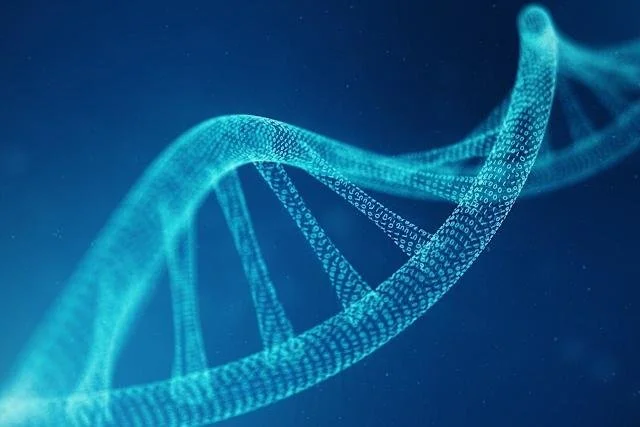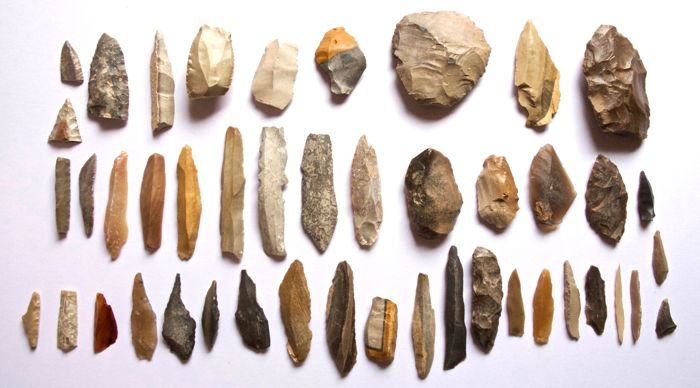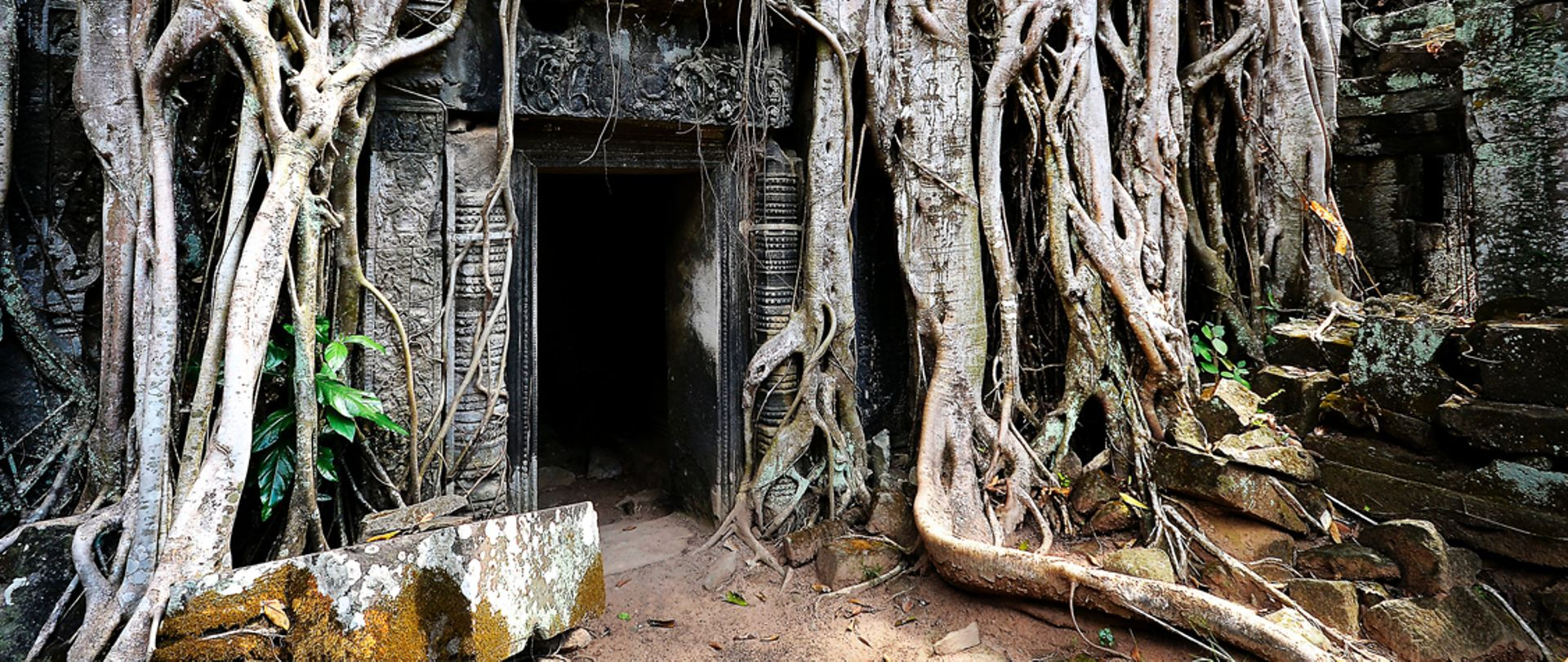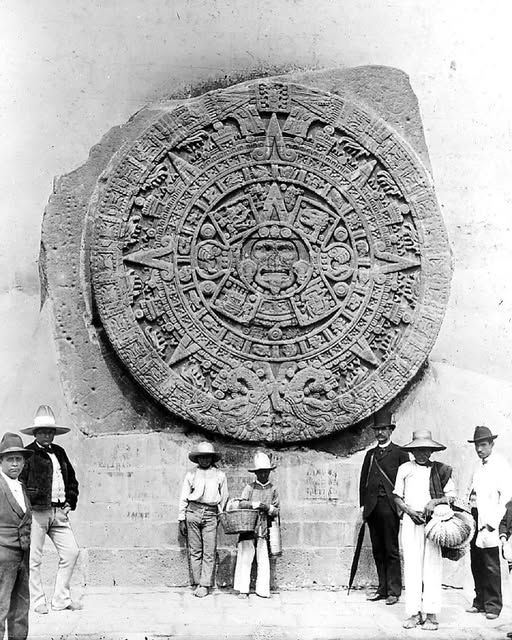Work has officially begun on a controversial initiative to create the basic elements of human life from scratch—an unprecedented global milestone, according to the BBC. Until recently, such research had been considered taboo, primarily due to fears it could result in unpredictable consequences for future generations.
But now, as the BBC reports, the world’s largest medical charity, the Wellcome Trust, has kickstarted the project with an initial £10 million investment. The organization argues that the benefits of the project outweigh the risks, with the potential to accelerate treatments for numerous incurable diseases.
Dr. Julian Sale of the MRC Laboratory of Molecular Biology in Cambridge, who is part of the project, told the BBC that this research marks the next giant leap in biology. “The possibilities are endless,” he said. “We’re exploring therapies that could improve human health during aging, leading to healthier aging with fewer diseases. Our goal is to engineer disease-resistant cells that could be used to repair damaged organs—like the liver or heart—and even the immune system.”
Ethical Concerns and Scientific Hopes
Despite its promise, the project is stirring concern among critics, who worry it could pave the way for unethical scientists to create enhanced or genetically modified humans. Dr. Pat Thomas, director of Beyond GM, warned: “We like to believe all scientists have good intentions, but science can be used for harm—and for war.”
Details of the project were released to coincide with the 25th anniversary of the completion of the Human Genome Project, which mapped out the molecules that make up human DNA—a major achievement also heavily funded by Wellcome.
Every cell in our body contains a molecule called DNA, which holds the genetic instructions essential for life. DNA is composed of four chemical bases—A, G, C, and T—repeated in countless combinations. Astonishingly, this molecular code contains all the genetic information that defines us.
The Human Genome Project enabled scientists to read all human genes like a barcode. The new effort—called the Synthetic Human Genome Project—aims to go far beyond that. It may one day allow researchers not just to read DNA, but to construct it molecule by molecule, entirely from scratch.
Building Life from the Ground Up
The immediate goal is to develop methods for synthesizing larger and larger segments of human DNA, ultimately working up to an entire synthetic human chromosome. These chromosomes contain the genes that guide our development and protect our health. Scientists hope that by artificially constructing these genes, they can study them more effectively—and conduct experiments to learn how DNA truly regulates our bodies.
According to Professor Matthew Hurles, director of the Wellcome Sanger Institute—which mapped the largest section of the human genome—many diseases arise when genes malfunction. Studying synthetic genes could therefore lead to more targeted and effective treatments. “Building DNA from scratch lets us test how DNA really works and try new theories—something we can currently only do by modifying DNA that already exists in living systems,” he explained.
The Dark Side of Innovation
While the project focuses on medical applications, experts warn that the same technology could easily be misused. Rogue scientists might attempt to create biological weapons, enhanced humans, or even hybrid creatures containing human DNA. Professor Bill Earnshaw, a genetics expert at the University of Edinburgh and pioneer of artificial human chromosomes, voiced serious concerns:
“The genie is out of the bottle,” he told the BBC. “We might have some regulations now, but if a group with access to the right technology decided to synthesize anything—they probably couldn’t be stopped.”
Dr. Thomas also questioned how such technologies would be commercialized by healthcare companies. “If we create synthetic body parts—or even synthetic humans—who owns them? And who owns the data generated from those creations?” she asked.
Why Fund It?
Given the risks, why did Wellcome decide to fund the project? According to Dr. Tom Collins, who authorized the funding, the decision wasn’t taken lightly.
“We asked ourselves what the cost of inaction would be,” he said. “This technology is going to be developed eventually. By doing it now, we aim to guide it in the most responsible way possible and address the ethical challenges proactively.”
To ensure that, a dedicated social science program will run alongside the scientific research, led by Professor Joy Zhang, a sociologist at the University of Kent.
“We want to gather input from experts, social scientists, and most importantly, the public—how they feel about the program, how it might benefit them, and what questions or concerns they have,” Zhang noted.







